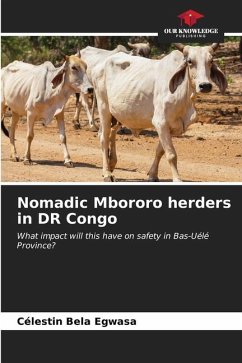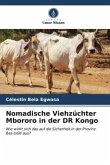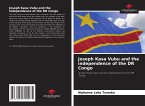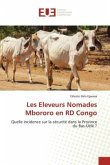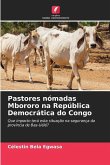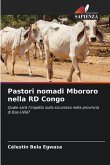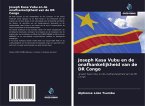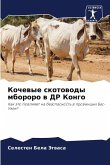Nomadic Mbororo herders have been arriving in the Ango and Poko territories, part of the Bas-Uélé province, since 2000. Attracted by the green pastures of these grassy savannah regions, they settled there at the time of the former MLC (Mouvement de libération du Congo, then supported by Uganda) rebellion. Their movements, with thousands of head of cattle, were not without damage. As soon as they arrived, the cows began grazing indiscriminately on savannah grasses and farmers' fields. The Bili-Uélé hunting reserve was even completely ransacked.Their arrival was a source of discontent for the local population. The occupation of large areas to graze their livestock has led to serious land, health and security problems.For some, the Mbororo are climate refugees and entitled to protection; for others, they are invaders and should be expelled. The state has yet to come up with a solution to the problem, which is a source of tension.
Bitte wählen Sie Ihr Anliegen aus.
Rechnungen
Retourenschein anfordern
Bestellstatus
Storno

